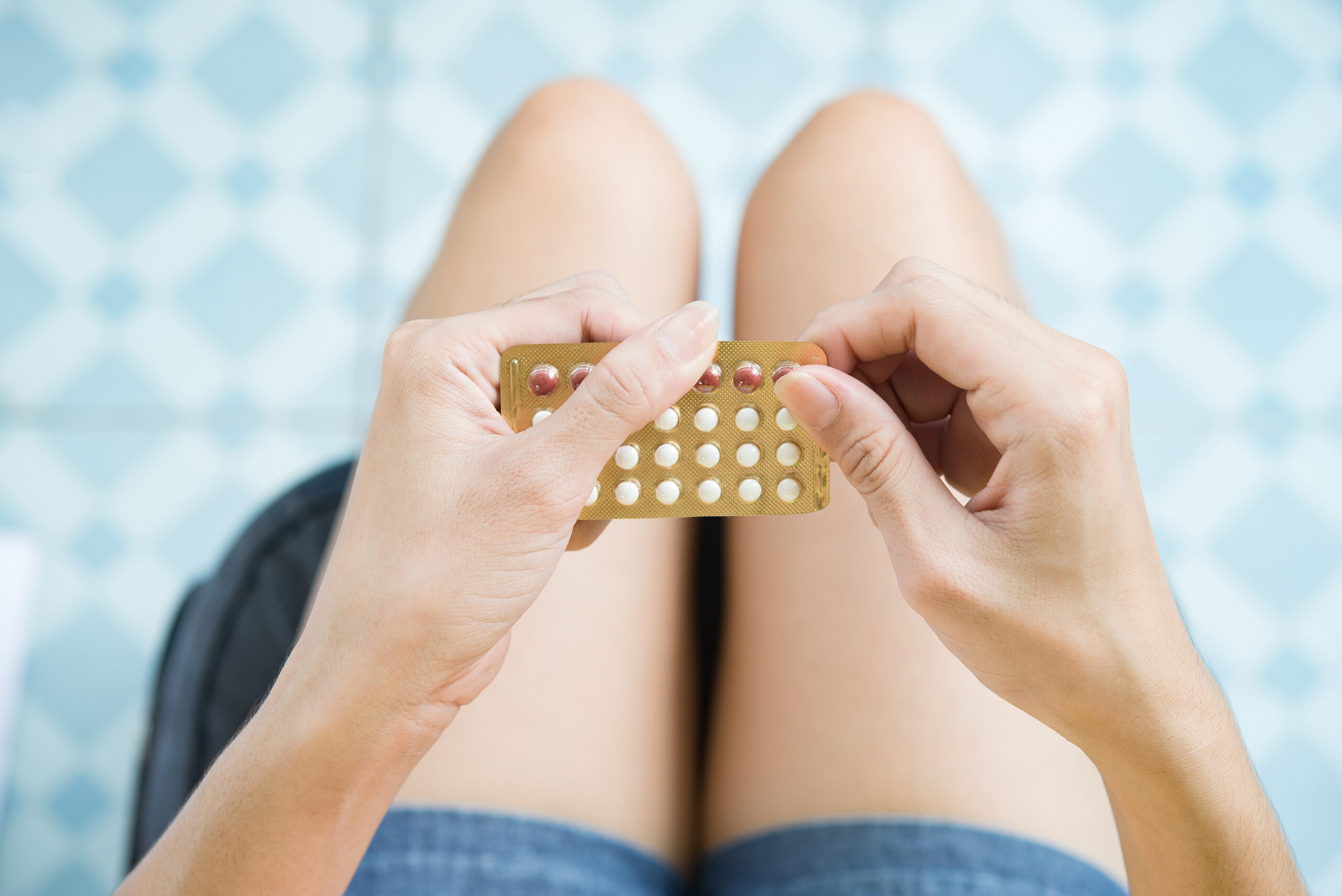Back To Top
Browse
Genital herpes and genital warts are sexually transmitted viral infections (STIs.) Genital herpes are caused by the herpes simplex virus and symptoms include small pain full blisters around the genital area.
Genital warts are caused by the human papillomavirus (HPV) leading the small flesh coloured warts around the genitalia.
In this article will explore causes, prevention and treatment tips for genital herpes, genital warts and other STIs.
Genital herpes is an infection by the herpes simplex virus (HSV). Both forms of the virus, HSV-1 and HSV-2 can cause genital herpes but HSV-1 is typically associated with oral herpes while HSV-2 causes genital herpes. Genital herpes is a sexually transmitted infection.
Symptoms can vary but genital herpes may present as itchiness and painful blisters around your genitals, smelly discharge, and a general feeling of being unwell.
Unfortunately, it cannot be cured once you have it so you can get outbreaks. It may be reassuring however, that it is not an uncommon condition and it is important to receive proper treatment and advice on how to manage outbreaks.
The herpes simplex virus is generally spread through sex (including anal and oral). However, the virus can also be transmitted if the infected area touches your skin.
There is currently no known cure but your symptoms can be managed with medication but this does not get rid of the herpes simplex virus. It stays in your body and there is a chance it can be activated again even after initial treatment.
There is a wide range of ways that genital herpes can present and some people may have no symptoms at all.
This is particularly important as some people may transmit the infection to other without knowing they are doing so.
If you feel you may have genital herpes, please get a test for sexually transmitted infections and consult a medical professional, especially if you notice any of the common symptoms below:
| Discharge | You may notice some strange penile or vaginal discharge, it often looks thick but it can be clear or cloudy. Some people may notice some blood. It may also have a fishy kind of smell.
This might mean you have an infection |
| Itching | If you feel some itchiness around your genitals or anus, this may suggest a outbreak or infection. You might also feel like the affected area of your skin is tingling or burning. |
| Flu-like symptoms | Flu-like symptoms might include a temperature and general tiredness. A headache and general aches in your body are also common. You may also note that your lymph nodes might feel swollen. |
| Painful blisters and sores | In the early stage of the infection, you might notice little red bumps around your buttocks, penis/vagina, or thighs. These then turn into painful blisters. If or when these blisters burst, they may form painful little breaks in the skin called ulcers. The ulcers can usually need a few weeks to heal and disappear. |
| Pain during urination | If peeing becomes painful, for example you feel like it burns when you pee, then you should seek medical attention. Understandably, the pain may mean some people avoid going to the toilet but this is not advised as it may lead to other problems. |
| Mouth sores | Oral sex with someone with genital herpes can cause mouth sores. |
| Antiviral medications | These stop the growth and therefore action of the herpes simplex virus to treat your symptoms. Aciclovir is one of the most common genital herpes pills. Valacyclovir is another option (sold as Valtrex), it lasts longer than Aciclovir so it is not taken as frequently. |
| Over the counter (otc) options | otc meds for genital herpes include pain relief such as ibuprofen and skin creams to reduce the itchiness and pain |
You can also consider wearing loose clothing to reduce irritation of the ulcers and using a cold compress on the affected area for pain relief.
If you or your sexual partner has genital herpes, it is important to use condoms to reduce the spread of the virus. If you have recurrent outbreaks of genital herpes, a medical professional may also prescribe daily antivirals to reduce the frequency of your outbreaks and help reduce the risk of spreading the virus.
The treatment plan and length will vary depending on the individual so it is important to seek medical advice first before you buy over counter genital herpes medication.
Antivirals are the most common medication herpes genital because they usually show positive outcomes and minimal side effects. The most common side effects are:
Rarely, antivirals may cause a rash on your skin and long-term antiviral use can affect your kidneys. If you do experience side effects, they are usually short-term and mild. Any side effects that are not resolving or severe should be flagged up to your doctor to rethink treatment options.
In addition to non prescription genital herpes medication, the table below outlines some treatment options and how much they cost from Medsforless. Please note the cost can vary depending on pack size and strength, for more detail, please visit the page specific to each medication.
| Medication | What does it do? | Cost for one pack or for one outbreak |
| Aciclovir
(Acyclovir) |
Aciclovir is a type of antiviral that works by stopping the growth and replication of the herpes simplex virus. This pill helps reduce the strength and duration of genital herpes and mouth sores.
Typically, you take fifteen 400mg tablets for one outbreak. |
£8.95 for one outbreak (15 tablets) |
| Blistex Cold Sore Cream | You put this cream on or around your lips when you feel the itchy/tingly feeling that alerts you to an oncoming cold sore.
This helps treat the outbreak early. |
£6.95 for a 2g tube |
| Valtrex (Valacyclovir hydrochloride) | Like Aciclovir, this is a type of antiviral that works by suppressing growth and effect of the herpes simplex virus.
This pill relieves the symptoms of genital herpes. Typically, you take ten tablets for an outbreak. |
£44.95 for one outbreak (10 tablets) |
| Zovirax | This cream contains the antiviral acyclovir that treats the symptoms from the herpes simplex virus. You can choose from a pump or a tube. | £6.10 for a pump/tube |
For many patients, genital herpes isn’t a one-off issue. If you’re experiencing multiple outbreaks per year, your GP may advise a daily dose of genital herpes pills to reduce recurrence and lower transmission risk.
At Meds for Less, we help you choose between:
Discuss your symptoms during checkout or complete a free online consultation. We offer guidance on the most appropriate genital herpe medication for your lifestyle.
Though often confused, these two conditions require very different treatment approaches. We stock both medications for genital herpes and genital warts medication, so it’s important to understand what each does:
Not sure what you need? Our clinicians can help you choose the right option — whether it’s medications for genital warts or non prescription genital herpes medication.
| Type | Available OTC? | Best For |
| Pain relief & creams | Yes | Mild discomfort or itching |
| Antiviral tablets | No | Active outbreaks, prevention |
| Topical wart solutions | Some | External wart removal |
We offer both over the counter genital herpes meds and full prescription support. If unsure, complete a 2-minute online assessment — we’ll guide you to the safest and most effective option based on your symptoms and history.
Antivirals are the most effective medications for treating genital herpes. Aciclovir is most commonly prescribed due to its success in reducing symptom severity as well as the length and frequency of an outbreak.
Despite also being caused by a virus, antivirals are generally not genitals warts medication. Genital warts are caused by the human papillomavirus (HPV), this can be confused with the blisters seen in genital herpes that are caused by the herpes simplex virus (HSV) which is treated by antivirals.
We do not usually use pills for genital warts. Genital warts are usually treated by procedures such as cutting or freezing off the wart. Some topical medication such as Condyline may also be used to stop the growth and spread of human papilloma virus.
– antiviral medications to treat genital herpes may cause
– genital warts meds (e.g topical gels) may cause
This will depend on the outbreak and the treatment, however with antivirals you should start to see improvement in symptoms within the first few days. If it is the first outbreak, it may be a week before the symptoms are significantly reduced.
| Genital herpes | Yes, taking daily low-dose antivirals has been shown to help reduce the number of genital herpes outbreaks and their severity. |
| Genital warts | Cryotherapy or genital warts otc medication like topical creams can remove the wart. They may still reappear, but if you take steps to stay in good health and attend check-ups with your GP for monitoring, you will significantly reduce your chance of future outbreaks. |
| Cookie | Duration | Description |
|---|---|---|
| cookielawinfo-checkbox-analytics | 11 months | This cookie is set by GDPR Cookie Consent plugin. The cookie is used to store the user consent for the cookies in the category "Analytics". |
| cookielawinfo-checkbox-functional | 11 months | The cookie is set by GDPR cookie consent to record the user consent for the cookies in the category "Functional". |
| cookielawinfo-checkbox-necessary | 11 months | This cookie is set by GDPR Cookie Consent plugin. The cookies is used to store the user consent for the cookies in the category "Necessary". |
| cookielawinfo-checkbox-others | 11 months | This cookie is set by GDPR Cookie Consent plugin. The cookie is used to store the user consent for the cookies in the category "Other. |
| cookielawinfo-checkbox-performance | 11 months | This cookie is set by GDPR Cookie Consent plugin. The cookie is used to store the user consent for the cookies in the category "Performance". |
| viewed_cookie_policy | 11 months | The cookie is set by the GDPR Cookie Consent plugin and is used to store whether or not user has consented to the use of cookies. It does not store any personal data. |